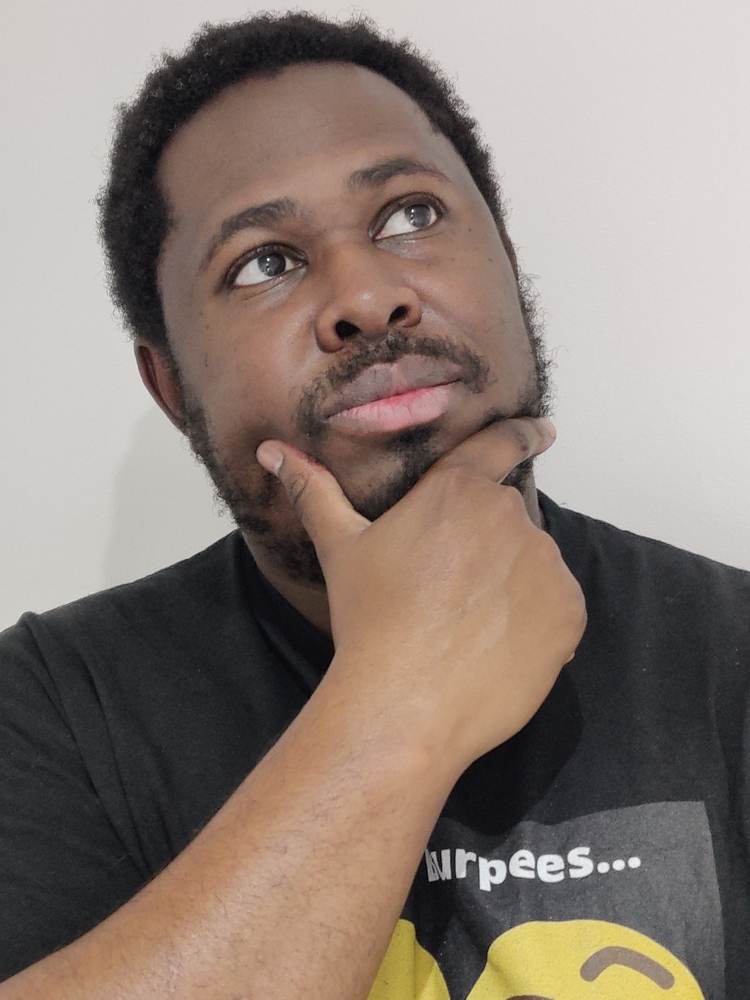Interview With Vernon Richards
By day Vernon Richards is a Senior Expert Quality Engineer at Ada Health, by night he is a quality coach.
I see you did the Ship 30 for 30 course. Is there anything you learned from that, that you were able to take with you to your day job?
Ohmydays yes Yes YES! So much that I’m not even sure where to start!
For context, Ship 30 For 30 is a writing course mixed with a 30 day writing challenge.
Each week, the course creators Dickie Bush and Nicolas Cole teach a new aspect of digital writing. For example, deciding what topics to write about, creating titles, format and structure, things like that.
Then you’re encouraged to use what you’ve just learned immediately!
Where it helps in my day job, is any time I have to write something! Sooo all the time! Slack messages, Confluence pages, testing notes, anything and everything! I find it much easier to know what to write and most importantly, how to write it.
It’s also helped with my side-hustle too.
The 30 day challenge was daunting at first but magical things started happening the further I got into it. Because of the volume of ideas I was putting out (the goal is to publish one thing a day for 30 days), my ideas really got out there.
By the end of it, I had a job opportunity, a speaking engagement, I was taken out to dinner - it was bonkers!
I highly highly recommend it (and if you’re interested, I have an affiliate link you can use to get you money off and earn me a little commission!)
If someone wants to take charge of their testing career, what advice do you have for them?
I’m lucky you asked me this, as I just delivered a talk on this topic for AgileTD Open Air and AgileTD US!
The first thing to think about is if you prefer working with people, technology or business. There are so many different ways to scratch those itches as a quality and testing professional! I explain it more in my blog post so please check it out.
But deciding all of that is the easy part!
Before you get started you need to think about these things:
Start with why. What’s driving you to make this change? What will it get you?
Develop self-belief. You will have detractors. How will you stay the course?
Realise that you’re in control. Nobody cares more about your career than you do!
Change happens outside of the comfort zone! It will ‘cost’ you something but it will be worth it.
Once you’ve figured that out, you need to:
Choose what to focus on. Look at what gives you energy and excitement versus what drains you.
Learn from the greats. Find people that have travelled the path you’re going down and copy them.
Progress beats perfection. Every. Single. Time! Every day take at least one tiny step in your chosen direction and let compounding do the rest!
You’ve been a fantastic MC at past Testbashes. I remember you made me feel very safe and were very encouraging. Is there anything you intentionally do to make speakers feel this way?
VR: Thanks! That means a lot!
Making the speakers feel at ease is a key driver of success for a conference.
The more comfortable they feel, the more chance that they’ll successfully deliver their material. The better they deliver, the more fun and engaged the audience is. The more fun the audience has, the more successful the conference!
So it’s a big deal!
I like to introduce myself to the speaker before the conference or at some point before they get on stage, so I can start building rapport. My job is to let them know that they aren’t alone, I have their back and if they need anything at all, just ask me, and I’ll help.
So far, it’s worked!
In your Twitter bio, you say you are a software tester merged with a coach - what does such a role look like?
In the past as a Tester, I’d be in pure telling mode! Coaching gives me a totally different mindset. I’m trying to help the team improve their testing capabilities rather than keep all that know-how to myself (deliberately or not). Sometimes I need to take the lead and tell, but I try and do that less often.
My coaching perspective means I’m more focused on maximising potential.
I’m also much more inclined to work across the SDLC than before. Sometimes problems manifest themselves when someone interacts with the product looking for problems (i.e. testing!) but often “testing” problems aren’t testing problems at all. They’re a result of the quality culture, and that impacts more widely than testing.
So overall, I’m more interested in quality problems at the system level because then I can have more impact.
Which aspects of testing have you found difficult to coach others on?
Great question!
There are few actually! The ones that spring to mind are:
Testing is the whole team’s responsibility. Testers benefit from knowing how a story will be implemented. When testing is invisible people get nervous.
I’d say testing being everybody’s concern is the biggest one.
📹 Check out my video interview with Vernon here
